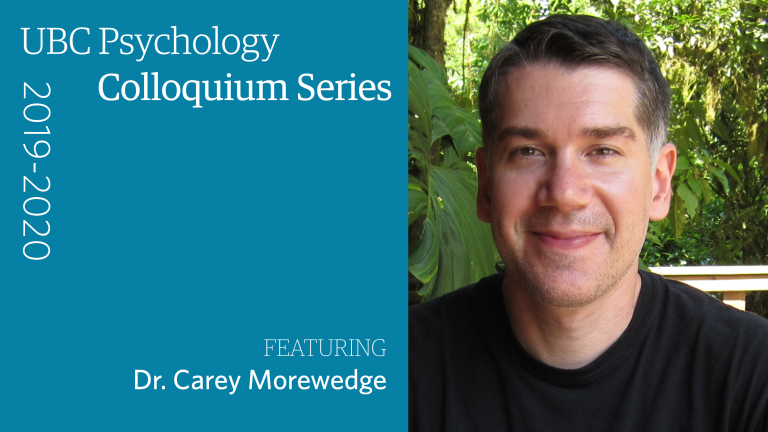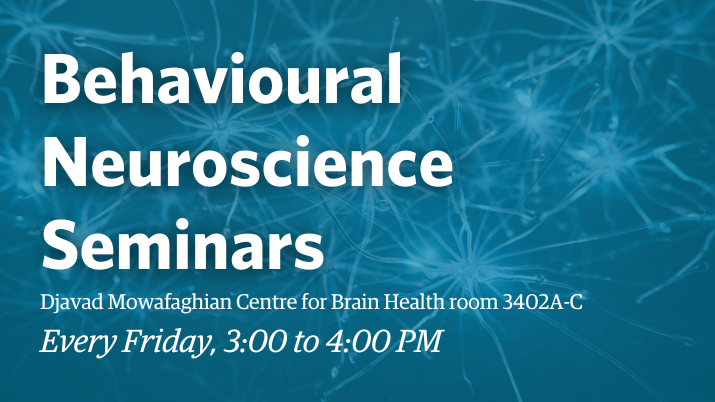

FEATURING
Dr. Carey K. Morewedge, Professor of Marketing and Everett W. Lord Distinguished Faculty Scholar in the Questrom School of Business at Boston University.
TITLE
Evidence that One-Shot Training Interventions Can Improve Decision Making
ABSTRACT
Biases in judgment and decision making affect experts and novices alike, yet there is considerable variation in individual decision-making ability. To the extent that this variance reflects malleable differences, training interventions could be an effective and scalable way to debias and improve human reasoning. I report laboratory, longitudinal, and field experiments that find one-shot debiasing training interventions can substantively improve decision making by reducing trainees’ commission of cognitive biases. Participants in laboratory experiments (N = 1,076) received a single 30 to 90 minute training intervention that addressed three of six biases critical to intelligence analysis (i.e., anchoring, bias blind spot, confirmation bias, correspondence bias, representativeness, and social projection). Interventions ranged from instructional videos to serious games. Longitudinal experiments found medium to large immediate debiasing effects (games d ≥ 1.68; videos d ≥ .69) that persisted at least 2 months later (games d ≥ 1.11; videos d ≥ .66). In a field study where participants didn’t know their biases were measured (N = 290), training reduced confirmatory hypothesis testing by 29% in a complex business decision. Debiasing effects of training transferred across problems in different contexts and formats. The results provide exciting new evidence that training can improve decision making.
BIO
Dr. Carey K. Morewedge researches how high-level cognitive processes such as memory, attention, and mental imagery influence consequential human judgments and decisions. His research is distinctive in elucidating how these basic processes influence judgments of utility—the value or pleasure that experiences provide—often more than the physical properties or market value of experiences. Judgments of utility are consequential as they determine which experiences people choose, how much of experiences they choose to have, and how much money, time, and effort they will spend to acquire or avoid them.
Dr. Morewedge received a PhD in Social Psychology in 2006 from Harvard University. He was a Postdoctoral Researcher Associate in the Woodrow Wilson School of Public Policy from 2006 until 2007. He served as an Assistant and Associate Professor at Carnegie Mellon University in the Department of Social and Decision Sciences and the Marketing group at the Tepper School of Business from 2007 until 2013. In 2014, he joined the Marketing faculty at Boston University.
VIDEO
Annually the Department of Psychology hosts a Colloquia Series throughout the academic year.


